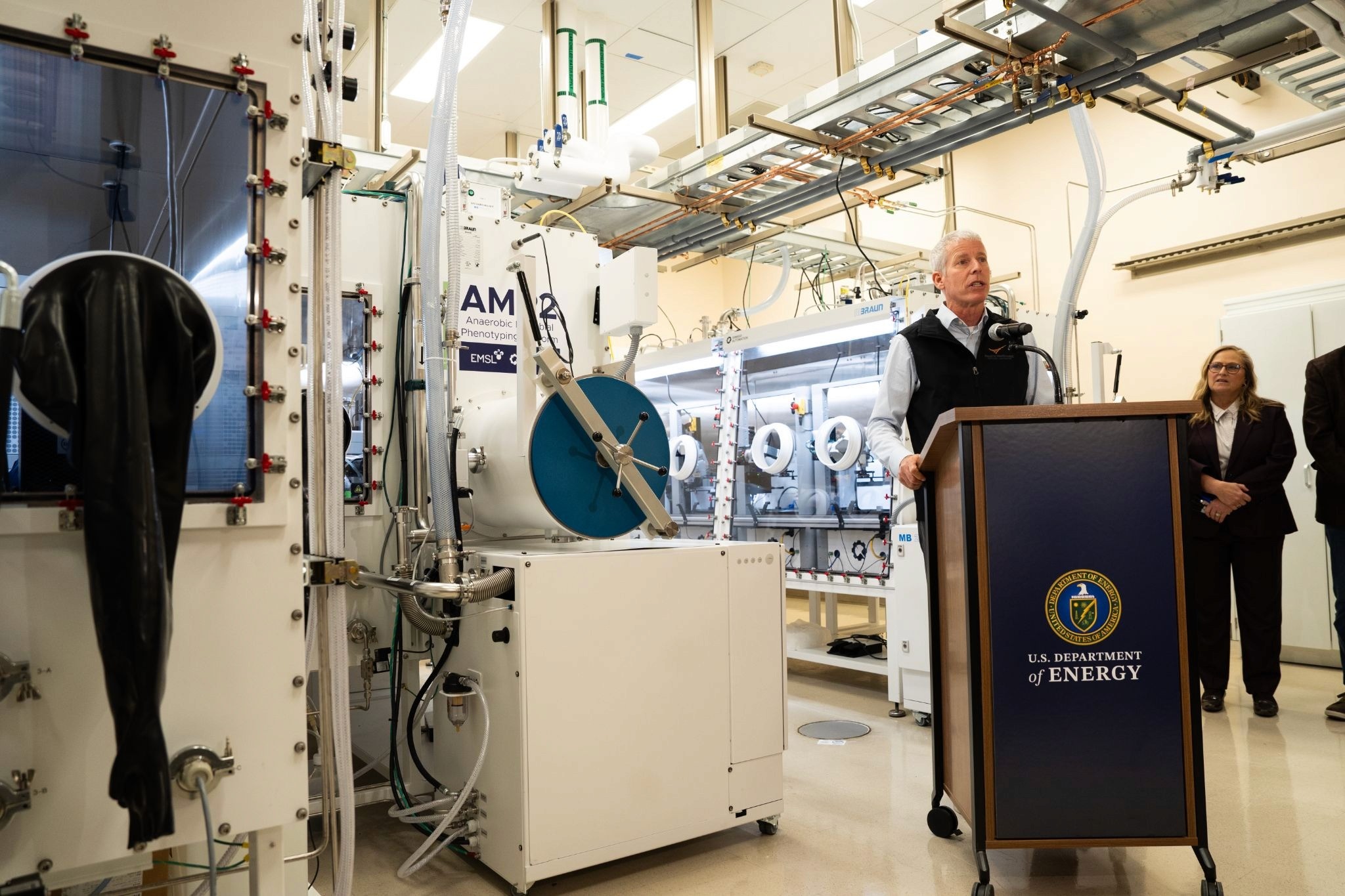Engineered Human Therapies
PvP Biologics Announces First-in-Human Clinical Trials for a Novel Therapeutic for Celiac Disease
Sep 7, 2018
SAN DIEGO and SEATTLE, September 6, 2018 – PvP Biologics, Inc. (“PvP”) today announced the initiation of two first-in-human clinical trials for Kuma062, a product candidate for the treatment of celiac disease. Kuma062 is a uniquely engineered, recombinant enzyme that is active under acidic stomach conditions and has high specificity for the parts of gluten that cause the autoimmune reaction leading to celiac disease. Under a previously announced agreement, Takeda has an option to acquire PvP following completion of Phase 1 proof-of-principle studies for Kuma062.The Phase 1 clinical trials will study safety, tolerability, and pharmacodynamics and have begun enrolling approximately 80 adults at two sites. The first site at Michigan Medicine, the academic medical center at the University of Michigan, is enrolling normal volunteers. The second site in Anaheim is enrolling normal volunteers as well as patients with biopsy-confirmed celiac disease and who are maintaining a strict gluten-free diet.“We are pleased to see the advancements made by PvP Biologics and the work towards satisfying the unmet needs of celiac patients,” said Asit Parikh, M.D., Ph.D., Head, Gastroenterology Therapeutic Area Unit at Takeda. “The progress made underlines our focus on collaborating with partners to develop transformative GI therapies that remove the painful disruptions to daily life.”Currently, the only treatment available for celiac disease patients is a strict gluten-free diet, which is challenging to maintain. For celiac patients attempting to maintain a gluten-free diet but who may accidentally ingest gluten, Kuma062 has the potential to degrade the immune-reactive parts of gluten before they exit the stomach in order to decrease an immune response and reduce the symptoms and intestinal damage associated with celiac disease.“We believe this could be a first-in-class novel oral enzyme therapy that could address a significant unmet medical need for people with celiac disease,” said Malcolm R. Hill, Pharm.D., chief development officer of PvP Biologics. “Preclinical studies have demonstrated that Kuma062 has high enzymatic activity under acidic conditions to break down gluten and has significant potential as an oral treatment. We look forward to working with our study partners to clinically evaluate the safety, tolerability, and mechanism of action of Kuma062.”“Celiac disease affects millions of people worldwide. For patients who follow a gluten-free diet, it is especially frustrating to continue to experience symptoms due to cross-contamination or trace amounts present in food,” said gastroenterologist Danielle Kim Turgeon M.D., professor of internal medicine at the University of Michigan. “We look forward to advancing this promising therapy from its earliest stages of research to human clinical trials.”It is estimated that celiac disease affects 1 in 100 people worldwide. Celiac disease causes significant health problems, including acute gastrointestinal symptoms, malnutrition, weakness, and failure to thrive. Celiac disease can develop at any age and, if left untreated, can lead to additional serious health problems.For more information on the clinical studies, please visit www.clinicaltrials.gov.https://celiac.org/celiac-disease/understanding-celiac-disease-2/what-is-celiac-disease/

















